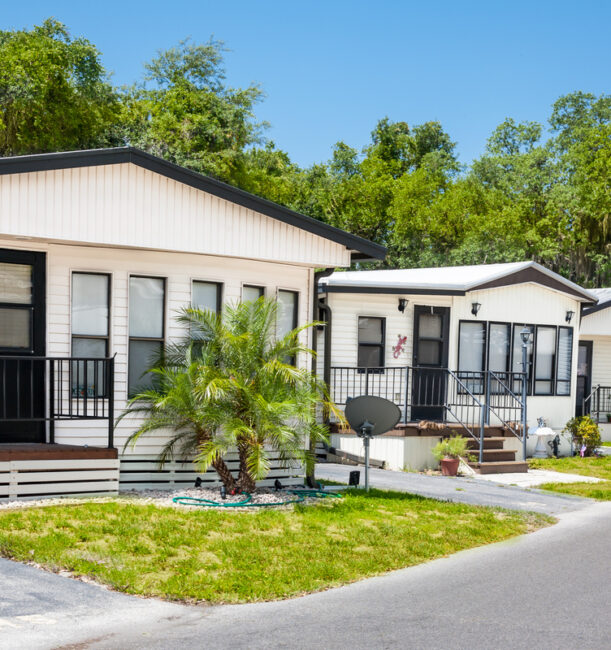Over 55s residential communities are a popular option for retirees, especially on the north coast of NSW. Unlike buying a normal property, when you buy into an over 55s residential community you only buy the home and lease the land. These particular leases are different to a normal land lease and are regulated by special legislation. It is important that you understand your legal rights and obligations if you are considering buying into a residential community.
When you buy into a residential community, you are subject to more restrictions than if you buy a house and land. For example, you may not be able to rent out your home, host visitors, keep pets and plant gardens without the operator’s consent. Also, you may be required to maintain your home to a certain standard and refrain from making unapproved alterations. Often there are also community rules that apply to using the common areas.
Each land lease community has different restrictions, so it is important that you understand the terms that apply to your situation and consider whether they are suitable.
When becoming part of a residential community, you will need to sign:
If the home is a new home in a brand-new residential community, both of these documents may be issued by the operator.
Site Agreements are regulated by the Land Lease (Residential Communities) Act 2013 (NSW). This Act requires operators of residential communities to:
Did you know, all additional terms in a Site Agreement are negotiable? A lawyer can assist you to identify any concerning or unusual terms in the Site Agreement and negotiate on your behalf with the community operator.
It is important to ensure the terms are acceptable before you sign, as the Site Agreement remains in place for the duration of your stay in the community.
There are some key legal issues to consider when you purchase a home in a residential community.
Check the Deed of Sale to make sure there are no errors or unfavourable terms. For example, the deposit should not be provided directly to the vendor or released prior to settlement. A lawyer can review the Deed for you and identify any terms that may require amendment.
Before finalising the purchase, you should check if there any security interests registered against the home by a creditor of the previous owner. This is because the home is personal property, like a car or other equipment. If you buy the home with a security interest, you risk losing it to a creditor if the debt is not paid out. You can conduct a search of the Personal Property Securities Register to ensure all security interests have been removed.
If you are purchasing the home with a partner, it is important to consider whether you intend to own the home jointly or as tenants in common. Joint ownership means that when one person dies the home automatically becomes the property of the other person. Tenants in common means you both own 50% of the house and when one person dies, their half passes to the beneficiaries of their estate. The default position is tenants in common, so you will need to document joint ownership. This can be done in the Deed of Sale, or a lawyer can help you to document this separately.
Retiring and relocating to a residential community is often an opportune time to think about estate planning. A lawyer can help you review or draft your Will, to ensure they reflect your wishes. You may also wish to consider appointing an attorney in relation to your financial affairs and a guardian in relation to your health and lifestyle affairs. A lawyer can prepare and review these documents for you, so that you can enjoy your retirement with peace of mind.
If you would like a lawyer to review your Site Agreement or Deed of Sale to enter a residential community, please contact our commercial and property law team.
Our estates team are also available to assist, if you wish to review or prepare your Will, Power of Attorney, or Appointment of Enduring Guardian.
